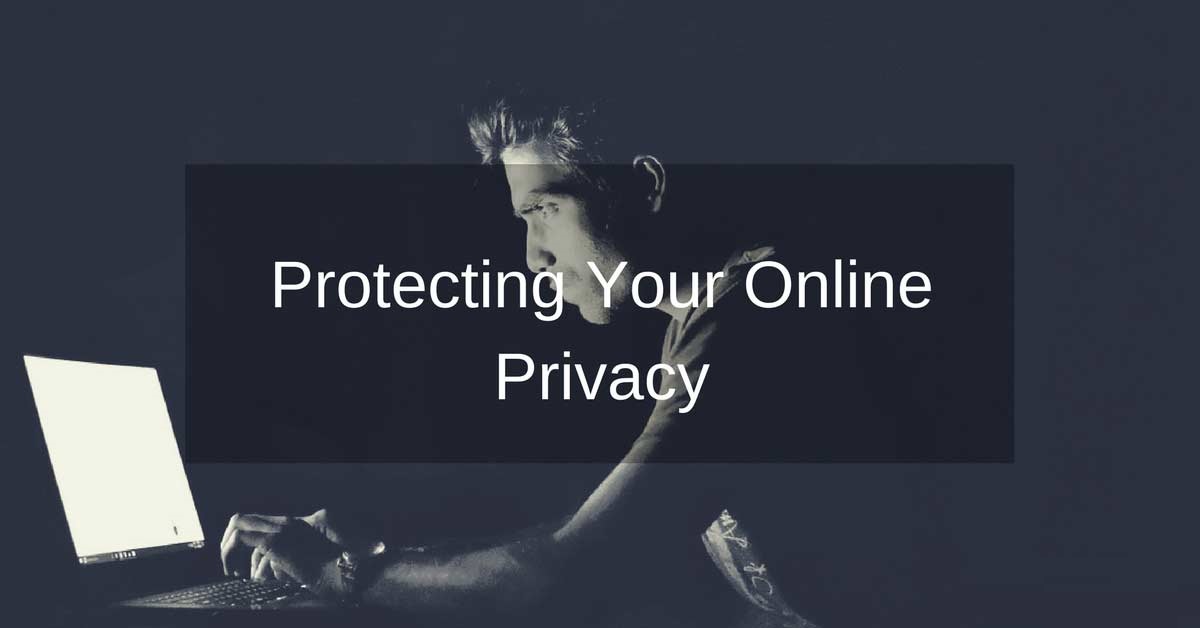Initially, the internet was built with anonymity in mind, paving the way for free speech, but years later, after learning about who’s monitoring our online activities, anonymity is hardly given.
The good news is, there’re several tips and tricks that you can use to stay anonymous, and in the article below, we shall look at the top 6 tips.
Safe Surfing
The simplest thing you can to make your internet usage a bit anonymous is through browsing in private mode.
While private browsing mode is not exactly private at all, it will help to control the type of information stored in your computer, including cookies, history, and auto-filling.
The major reason you would want to use a private mode is to prevent having locally stored cookies as marketers can use this information to profile you and create a unique fingerprint based on the data that has been collected.
Use a VPN
The use of a VPN is probably the most effective way of minting your anonymity.
A VPN, also known as Virtual Private Network is a technology that creates anonymity on your network servers by encrypting and masking information.
At the very basic, the role of a VPN is hiding your IP address, meaning that no one can accurately determine where you’re browsing from, and they cannot trace your online activity back to you.
Besides obscuring your IP servers, just as well as a proxy does, a VPN will go further to encrypt your data, meaning that even if there’s a case of a data breach and hackers access your data, they cannot decipher the content.
However, not all VPNs are created equal, and when choosing one, go with a VPN that makes it impossible for anyone to intercept or even monitor your information.
The Wizcase reviews Surfshark VPN, for instance, indicate that Surfshark, one of the popular VPNs in the market, has strong privacy laws alongside a “no-logging” policy, meaning that though the VPN can see what you’re doing, they can’t record it or provide data to third parties.
Avoid Google, Yahoo, and Bing
While Google, Bing, and Yahoo are quite a household name, they also collect the most amounts of data, and this allows them to personalize your searches and provide relevant ads.
In particular, if you log in to these browsers with your account, they can collect your details, including name, email address, gender, phone number, or more.
Above all, they also collect crucial data, including device information, cookies, IP Address, and location.
To avoid tracking when surfing, we recommend that you use browsers that do not track the browsing habits of the users such as DuckDuckGo.
Secure your router
A router is a gateway to and from your home network, and it would only make sense that you secure it to avoid getting your online safety compromised.
In any case, your household router is the IP address that the outside world normally sees, and in case one can access your router, they can wreak havoc to your safety.
Fortunately, some simple and basic measures can secure your router and prevent hackers from probing your vulnerable IP address.
For instance, it’s quite surprising that few people usually change their password from “admin” to a unique character. Changing the default password provides an extra layer of security in the sense that even if someone cracks your Wi-Fi password, they wouldn’t immediately access the router.
Use anonymous email and communication
Though VPN obscures your IP address, it does reveal the identity of your email, and recipients are likely to know who you are when you send one.
Fortunately, there’re several ways that you can use to create anonymity when sending emails;
The first one is to use an alias, or rather a forwarding address, meaning the recipient will not see your real email. Now, while this tactic will keep your real email a secret, it will not prevent you from getting spammed with junk emails.
The second tactic is using a disposable email account, where you create a new email with fake details and use it for the duration you need before disposing of it.
Read the Privacy Policies
The worst violation of your privacy is one which your commit yourself into voluntarily. Many at times, we make the mistake of clicking the “Agree” button without thoroughly examining the contents of the policy.
If you’re seriously considering taking your anonymity to new heights, you should consider reading through these policies to let you know what exactly you’re committing yourself into.
Conclusion
There’re numerous ways of maintaining anonymity on the internet, but the six tips we’ve mentioned above will help to fast-track the process.
